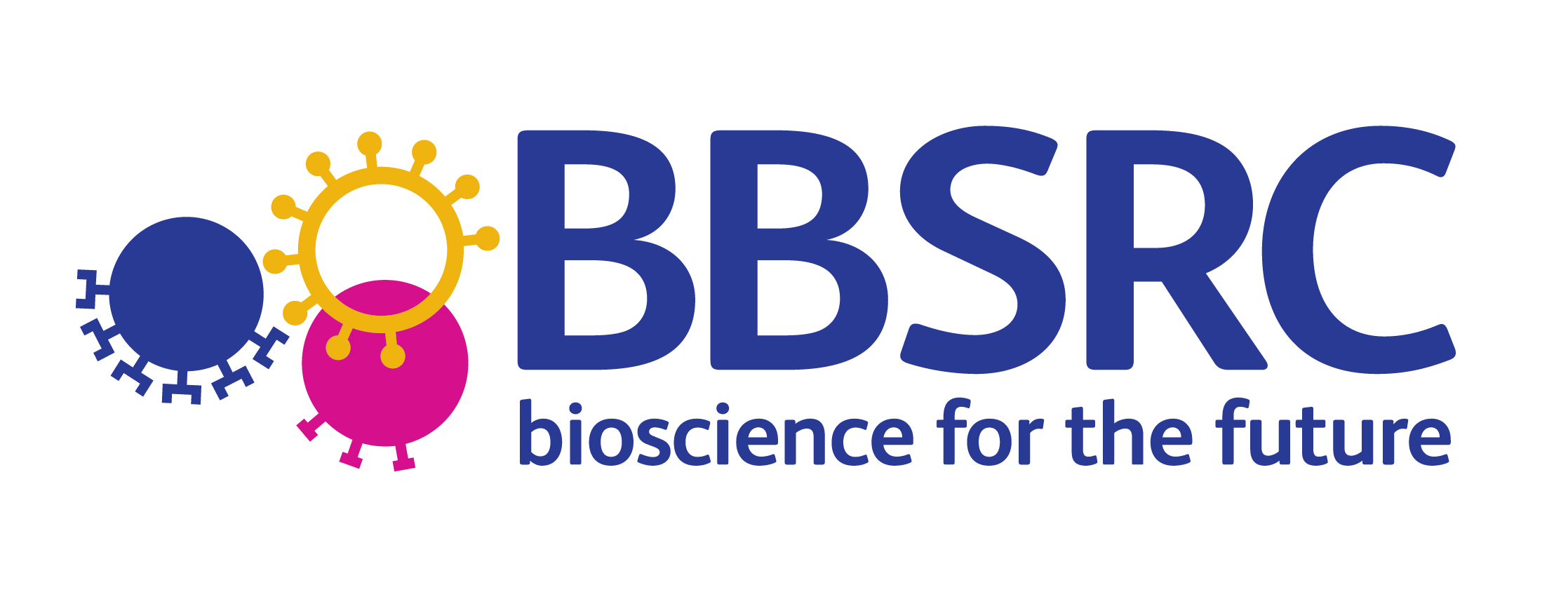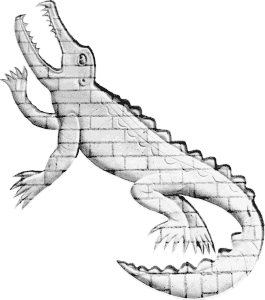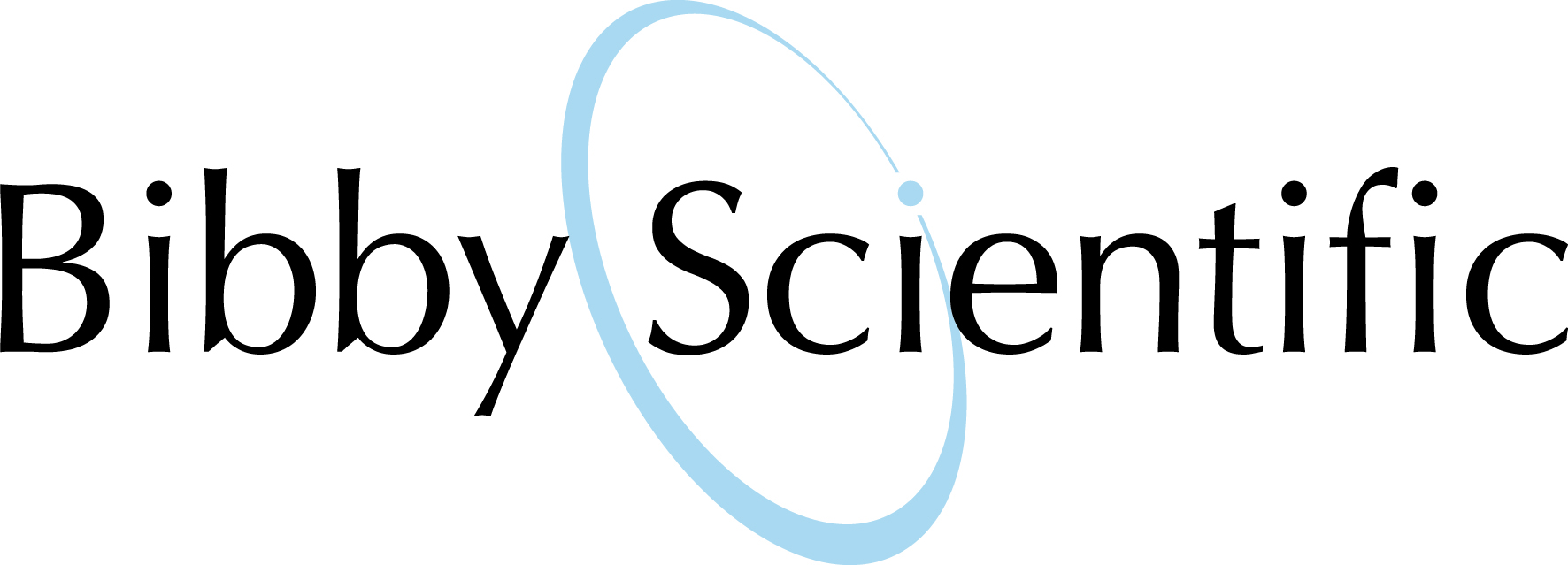Difference between revisions of "Team:Cambridge-JIC/Design"
K.armfield.1 (Talk | contribs) |
|||
| Line 5: | Line 5: | ||
<div style="width: 80%; margin: 30px 50px;color:#000"> | <div style="width: 80%; margin: 30px 50px;color:#000"> | ||
<h1>3D Printing</h1> | <h1>3D Printing</h1> | ||
| − | <div style="float:left; margin-right: 40px"><img src="https://static.igem.org/mediawiki/2015/0/04/CamJIC-MakerbotMini.jpg" style="width: 400px"> | + | <div style="float:left; margin-right: 40px"><img src="https://static.igem.org/mediawiki/2015/0/04/CamJIC-MakerbotMini.jpg" style="width:100%; max-width: 400px"> |
<p>© All About 3D Printing, 2015</p></div> | <p>© All About 3D Printing, 2015</p></div> | ||
<p style="font-size: 120%;"> | <p style="font-size: 120%;"> | ||
| Line 14: | Line 14: | ||
<br><br> | <br><br> | ||
<h1>OpenSCAD Design</h1> | <h1>OpenSCAD Design</h1> | ||
| − | <img src="https://static.igem.org/mediawiki/2015/0/00/CamJIC-OpenSCADscreenshot.png" style="width:650px; float:right; margin-left: 40px"> | + | <img src="https://static.igem.org/mediawiki/2015/0/00/CamJIC-OpenSCADscreenshot.png" style="width:100%; max-width: 650px; float:right; margin-left: 40px"> |
<p style="font-size: 120%;"> | <p style="font-size: 120%;"> | ||
Revision as of 01:24, 28 July 2015











